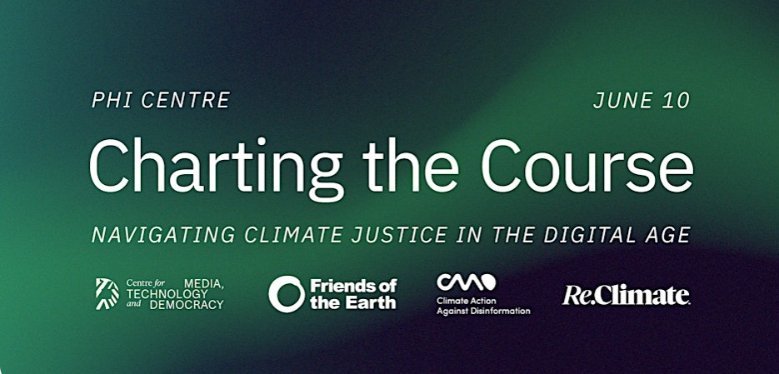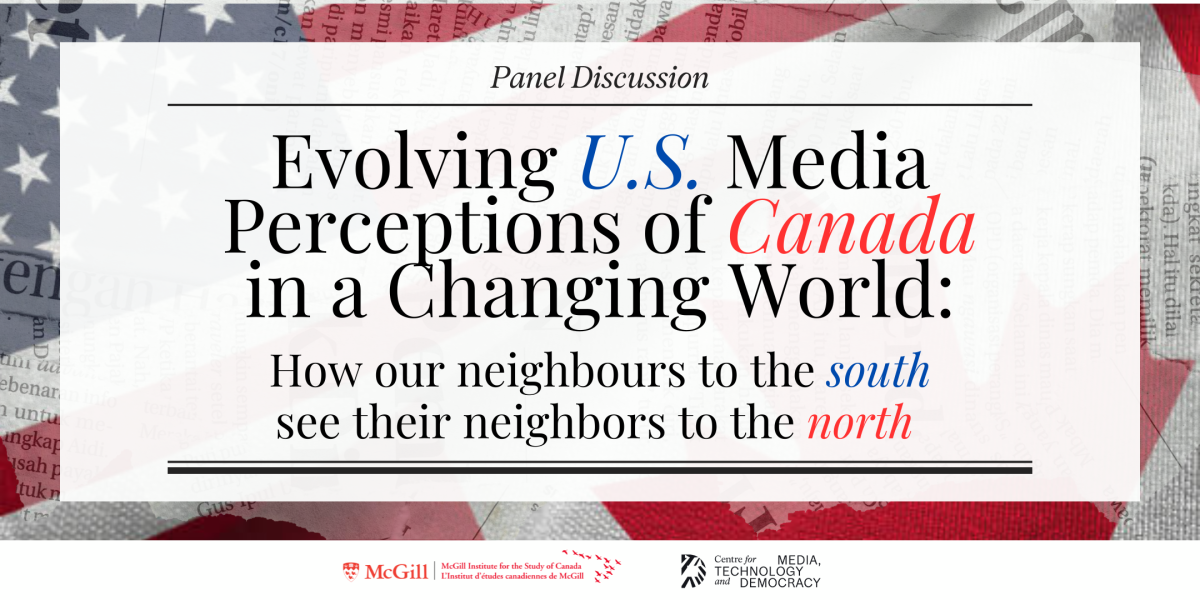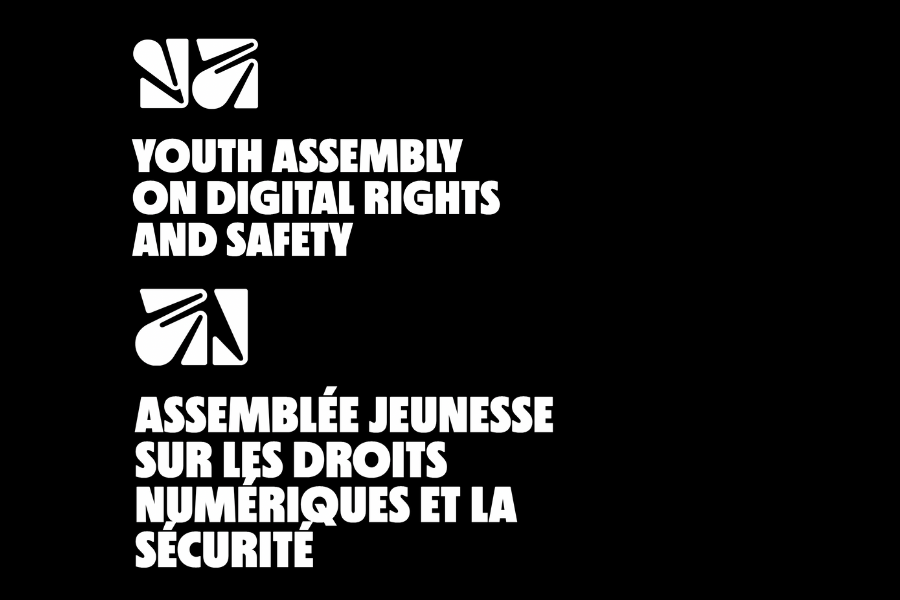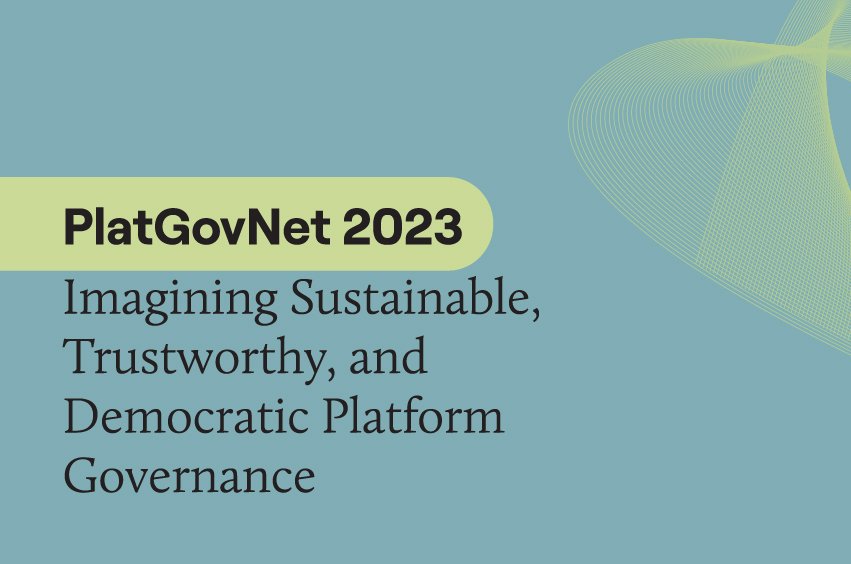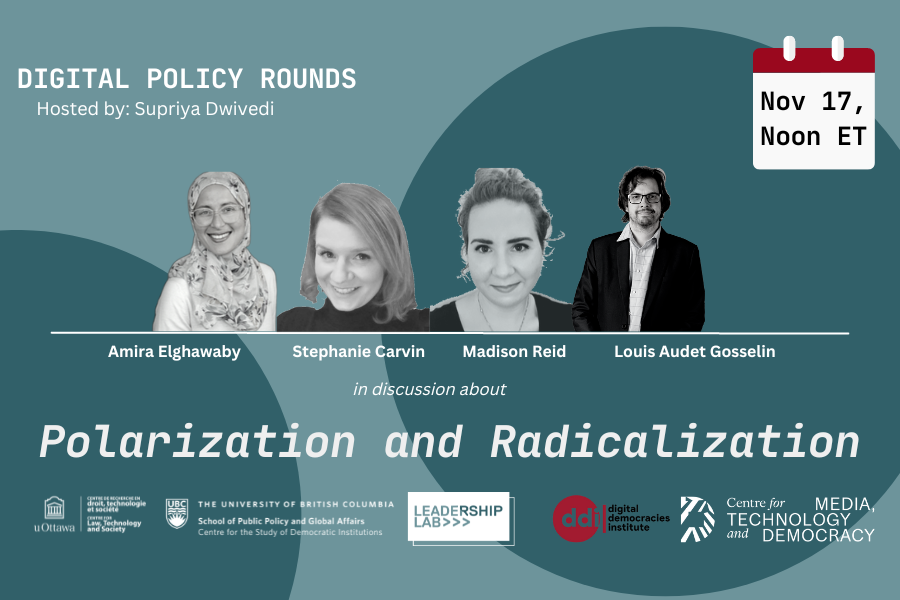Platform Governance Essay Series / Gouvernance des plateformes : Série de rédactions
This series was delivered as a partnership with the University of British Columbia Centre for the Study of Democratic Institutions. It was made possible in part by the Government of Canada. Each essay has both a French and an English version available on the pages linked below.
Cette série a été réalisée en partenariat avec le Centre d'étude des institutions démocratiques de l'Université de la Colombie-Britannique. Elle a été rendue possible en partie par le gouvernement du Canada. Chaque essai a une version française et une version anglaise disponibles sur les pages liées ci-dessous.
-
∘ Sam Andrey, Toronto Metropolitan University | Université Métropolitaine de Toronto
∘ Vass Bednar, McMaster University | Université McMasters
∘ Keldon Bester, Centre for International Governance Innovation
∘ Robyn Caplan, Duke University | Université Duke
∘ Prem Sylvester & Wendy Hui Kyong Chun, Simon Fraser University | Université de Simon Fraser
∘ Elizabeth Dubois, University of Ottawa | Université d’Ottawa
∘ Heidi Tworek (University of British Columbia | Université de Colombie-Britannique) & Taylor Owen (McGill University | Université de McGill)
∘ Blayne Haggart, Brock University | Université de Brock
∘ Vivek Krishnamurthy, University of Ottawa | Université d’Ottawa
∘ Emily Laidlaw, University of Calgary | Université de Calgary
∘ Fenwick McKelvey & Robert Hunt, Concordia University | Université Concordia
∘ Jonathon Penney, Osgoode Hall Law School | Faculté de droit Osgoode Hall
∘ Jennifer A. Quaid, University of Ottawa | Université d’Ottawa
∘ Teresa Scassa, University of Ottawa | Université d’Ottawa
∘ Sonja Solomun, McGill University | Université de McGill
∘ Christelle Tessono, Princeton University | Université de Princeton
∘ Eric Tucker, Osgoode Hall Law School | Faculté de droit Osgoode Hall
Heidi Tworek and Taylor Owen
Jennifer A. Quaid
Wendy Hui Kyong Chun and Prem Sylvester
Blayne Haggart
Fenwick McKelvey and Robert Hunt
Sonja Solomun
Eric Tucker
Latest Work
Charis Papaevangelou, Simran Agarwal
Wendy Hui Kyong Chun and Prem Sylvester
Fenwick McKelvey and Robert Hunt
Director Taylor Owen testifies before Canada’s House of Commons on the Online News Act
This report is a collaboration of interdisciplinary researchers from the Cybersecure Policy Exchange at Toronto Metropolitan University, McGill University’s Centre for Media, Technology and Democracy, and the Center for Information Technology Policy at Princeton University.
Latest Events
Join us for a conversation between Frances Haugen, former Facebook Whistleblower, and Ava Smithing, Director of Advocacy and Operations at the Young Peoples’ Alliance and Youth Fellow, Centre for Media, Technology and Democracy, on platforms, policy, and protecting young people online. In this lively discussion, Frances and Ava will chat about their roles in the global movement for digital rights and wellbeing, and their motivation to hold big tech companies to account.
We're gathering a diverse group of 39 Canadian 18-year-olds to talk about how you understand, interact with, and hope to change online platforms. We want to hear your thoughts on how emerging digital rights can help promote your well-being, safety, and success online. You'll have the chance to speak with academic experts and policymakers and share your own experiences of the digital world.
Register at http://digitalassembly.ca/
Join us for our next #DigitalPolicyRounds event
Join us for our next #DigitalPolicyRounds event
Join us for our second #DigitalPolicyRounds event
Hate crimes in Canada are on the rise, as are concerns that the country is polarizing. The pandemic has revealed both new and longstanding global movements of radicalization and violent extremism, often enabled by our digital ecosystem. How concerned should we be here in Canada? And what can be done?
The Platform Governance Research Network call for abstracts is open. Deadline to submit is December 18 at midnight.
The 2022 Beaverbrook Annual Lecture, featuring Frances Haugen (Facebook whistleblower and advocate for accountability & transparency in social media) and Jameel Jaffer (Director of the Knight First Amendment Institute, Columbia University), will consider the US Supreme Court cases involving Florida and Texas’s social media laws while addressing broader questions surrounding free speech and social media regulation.
Global coordination and potentially new international regimes for online regulation are needed. No single government can effectively protect democratic values from the triple impact of the transnational flow of information, the asymmetric power of tech companies, and the illiberal behavior of particular governments. The goal of this multi-event conference is to address this global governance challenge head-on.
A reception and featured conversation between Frances Haugen and the Centre’s Director of Policy and Engagement, Supriya Dwivedi, on how we can strengthen the information environment for a healthier democracy, and build social media that brings out the best in humanity.
Although recent progress has been made with the naming of children in Bill C-27, there are a series of additional concerns related to digital privacy, including the use of facial recognition and other artificial intelligence technologies, impacting the potential harm that children can face in their online activity.
As part of its newly re-introduced overhaul of privacy legislation, the federal government has included a completely novel regime to regulate AI through the Artificial Intelligence and Data Act (AIDA). An incredible virtual panel of experts sifted through the Act and provided their initial analysis and reactions.
Following the model of Australia’s News Media Bargaining Code, the Government of Canada has just announced the Online News Act (Bill C-18), which compels digital platforms to engage with outlets and pay for news. Hear experts’ takes on the tabled legislation in this roundtable discussion.
The Media Ecosystem Observatory convened an expert roundtable of journalists, academics, and other defenders against misinformation to discuss what they have learned, how it threatens democracy, and how we can combat it.
Research Director Sonja Solomun chatted with Wendy Hui Kyong Chun about her newly published book, “Discriminating Data: Correlation, Neighborhoods, and the New Politics of Recognition” (MIT Press).
The Centre for Media, Technology and Democracy, the Ada Lovelace Institute, and the Centre for International Governance Innovation (CIGI) hosted a discussion of the challenges and opportunities raised by legislation aimed at addressing “online harms” and how regulators charged with enforcing these powers might consider proceeding.
This event introduced the Cybersecure Policy Exchange’s new report, Rebuilding Canada’s Public Square, and responded to the Government of Canada’s recent proposal for new legislation to address illegal online content, presenting the results of a new survey of 2,500 Canadians’ perspectives of social media.
The Centre for Media, Technology & Democracy has been working alongside the Digital Democracies Institute (Simon Fraser University) and the Centre d’études sur les médias (Laval University), analyzing the role of funding in the dissemination of mis/disinformation online across different news websites in Canada. This panel discussion outlined their final report’s findings.
The Centre for Media, Technology, and Democracy at McGill University and Columbia University's School of International and Public Affairs (Technology, Media, and Communications Specialization) launched Anya Schiffrin's book, "Media Capture: How Money, Digital Platforms, and Governments Control the Media."
Professors Taylor Owen and Anya Schiffrin chatted with Australia’s Rod Sims, the architect of the controversial Australian News Media Code which requires Google and Facebook to pay for news. Can the Code be replicated in other countries? Should it be? How should it be adapted to ensure the Code helps independent news and not just large media houses?
The Max Bell School of Public Policy and the Max Bell Foundation, hosted Regulating the Internet: Can Canadian Democracy Survive Big Tech?, a panel discussion on whether the government should regulate online platforms and the internet more broadly.
Professors Taylor Owen and Anya Schiffrin spoke with Steve Waldman, Julia Cagé, and Edward Greenspon about international trends to support media outlets, including tax subsidies, philanthropic support by non-profits, and new laws addressing inequality in bargaining power between news content producers and digital platforms. This event was co-organized with Columbia University’s School of International and Public Affairs.
































